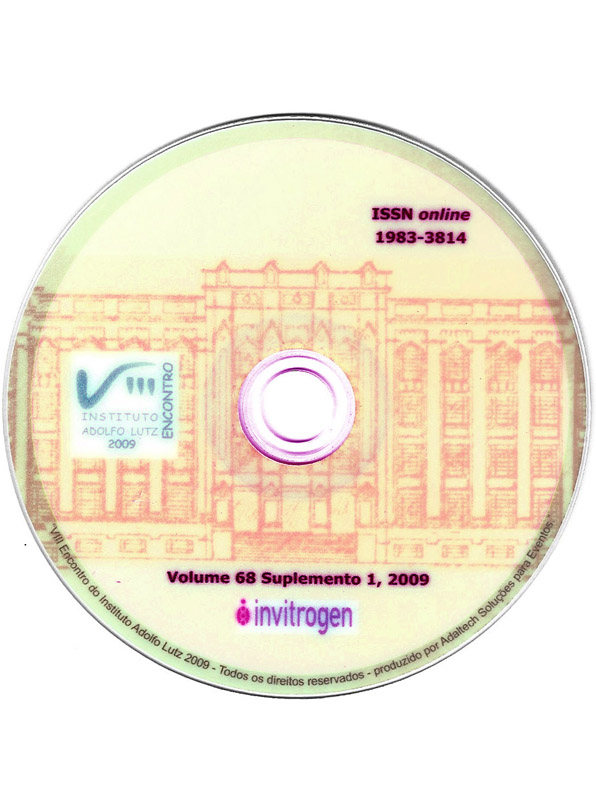Abstract
Introduction. Paracoccidioidomycosis (PCM) is a systemic disease restricted to Latin America that frequently disseminates to several organs. The clinical evaluation of PCM-patients is frequently completed by laboratory tests. The objective of this study is to evaluate many biochemical variables in untreated patients. Patients and Methods. We studied 83 patients with PCM confirmed by identification of the etiological agent or detection of serum antibodies by double agar gel immunodiffusion test, clinically classified according to Mendes (1994): 29 presented the acute/subacute severe form (G1), 35 the chronic moderate form (G2) and 19 the chronic severe form (G3). Biochemical exams were performed in routine clinical laboratories at the University Hospital – UNESP. Comparison of medians were carried out by Kruskal-Wallis test and significance was set up at p<0.05. Results. Serum total cholesterol presented low levels (G1<G3<G2). Total lipids showed normal levels, with difference among groups (G1<G3<G2). Mucoproteine serum levels revealed mild increase (G1=G2=G3); α1-acid glycoprotein showed tendency to elevation in G3; C-reactive protein was always increased (G1=G2=G3). Alkaline phosphatase revealed increased levels only in G1 (G1>G2>G3). Blood urea nitrogen and creatinine showed low levels [G1<(G2=G3)]. Serum protein electrophoresis revealed increased α1-globulin (G1=G2=G3), normal α2-globulin and β-globulin and increased γ-globulin serum levels [G1>(G2=G3)]. Sodium, potassium, chloride, calcium, phosphorus, glucose (fasted), aminotransferases, uric acid, tryglicerides, γ-glutamil transferase were always normal. Conclusions. The biochemical alterations caused by P. brasiliensis demonstrates its intense metabolic interference and suggest careful follow-up of PCM-patients.

This work is licensed under a Creative Commons Attribution 4.0 International License.
Copyright (c) 2009 Instituto Adolfo Lutz Journal
